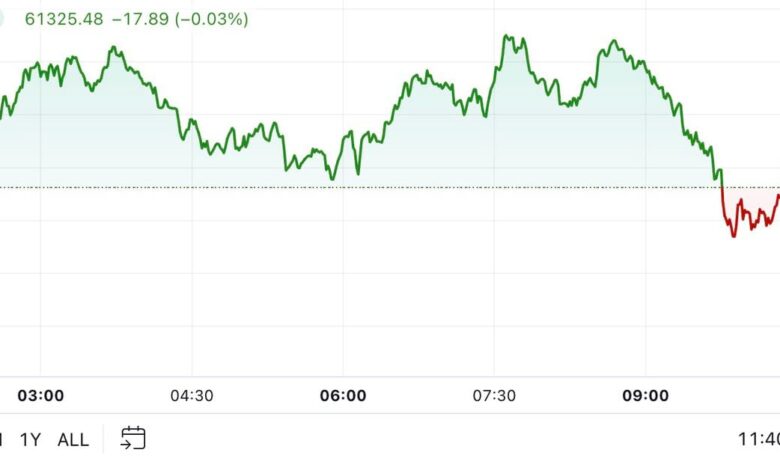
Some observers have noted the differing performances of bitcoin and gold as a measurement of the two assets’ respective maturities. Gold, traditionally seen as a risk-off asset, gained 0.8% in the aftermath of Iran’s attack on Israel while BTC lost 4%, despite often being referred to as a form of digital gold.
“Gold is a much more mature asset, with a 5,000 year history as a store of value, so there’s not much room left for incremental network effects,” Presto Research said. “BTC [has] only a 15-year history. This means it’s in the early stages of mainstream adoption, and its narrative is still poorly understood.”
At the time of writing, gold is 0.3% lower in the last 24 hours at $2,652.56 per ounce.
It’s clear that both assets have their own unique characteristics and appeal to different types of investors. Gold’s long history and stability make it a popular choice for those seeking a safe haven in times of uncertainty, while bitcoin’s potential for growth and innovation attracts risk-tolerant individuals looking to capitalize on the future of finance.
As the world of finance continues to evolve, it will be interesting to see how these two assets continue to perform and whether bitcoin can truly establish itself as the digital equivalent of gold.







